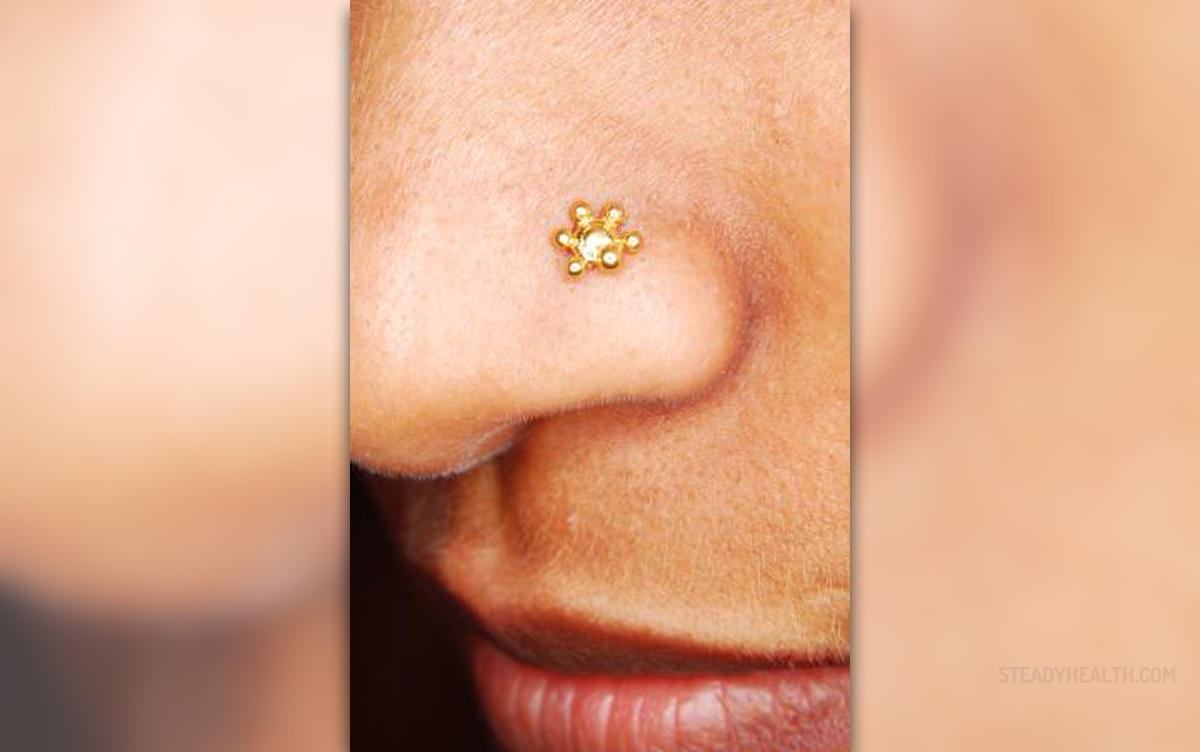
Infected Nose Piercing
Taking into consideration the piercing craze present all around us nowadays and the very fact that most people desire piercings in most unusual places makes it possible for piercings to get infected quite easily. Namely, today's most popular piercing spots are no longer our earlobes. Rather, people usually have their cartilage parts pierced. This way, nose, the rest of the ear and many other cartilage parts of our body get pierced more and more often. However, this results in a longer recovery period since these areas take longer to regenerate and heal. Nose, for example, takes up to 10 weeks after the piercing has been done in order to heal completely. This being said, nose is one of the risk areas for piercing infections. In fact, taking into consideration that there are numerous bacteria in the nose area all the time, this chance of infections and inflammations are even more increased. Thereby, people who happen to have had their nasal areas pierced, should pay extra attention to the hygiene and health of the healing area, so that they could avoid any complications.
If your nose piercing starts swelling, gets affected by discoloration or begins discharging pus or blood, know that you need to react timely and seek medical attention. In order to prevent these things from happening, besides hygiene, you should have the piercing done at a qualified person and facility, with adequate, sterile equipment and jewelry.
Means of Precaution Regarding Nose Piercings
Apart from the above mentioned things, you should never have your nose piercing done with a ear piercing gun. Rather, these, nasal, piercings are performed with special needles. If everything is done in the right way and you take good care of your piercing, it will heal fine. However, redness, pain and tenderness to touch, as well as swelling and pus are all bad signs, needing timely reaction.
First of all, do not touch the piercing unless you really need to. Then, make sure you have washed your hands with antibacterial soap. Also, make sure that the jewelry you are wearing fits you and that you are not allergic to the material or the metal used. Clean your piercing often by using alcohol-based products. Finally, do not visit swimming pools and immerse your piercing in the water since the chances of infections multiply there. All in all, follow the care and hygiene routine prescribed by your piercing technician and you will have little to worry about, enjoying your unique piercing.
- www.nhs.uk/conditions/body-piercing/
- www.nhs.uk/common-health-questions/lifestyle/can-i-go-swimming-after-a-piercing/
- Photo courtesy of Challiyil Eswaramangalath Vipin by Wikimedia Commons: commons.wikimedia.org/wiki/File:Nose_piercing_gold_stud.jpg


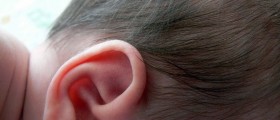
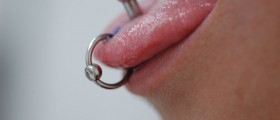
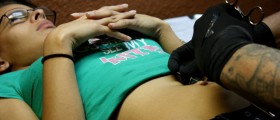
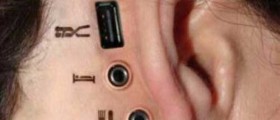



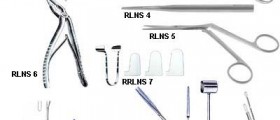

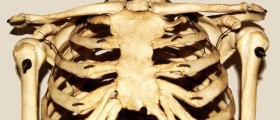

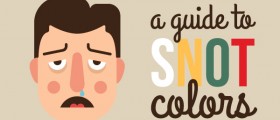
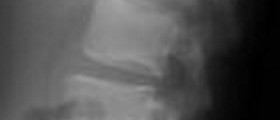
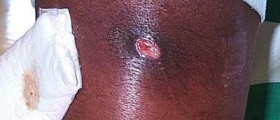
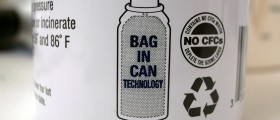
Your thoughts on this
Loading...